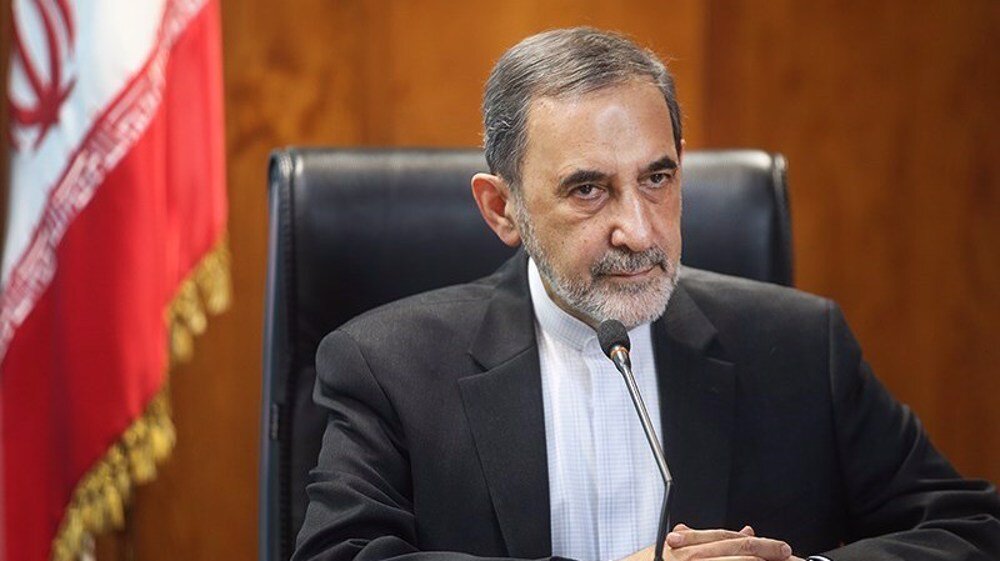Iran committed to safeguarding South Caucasus: Leader’s advisor

TEHRAN – A senior advisor to Leader of the Islamic Revolution Ayatollah Seyyed Ali Khamenei says Iran is committed to safeguarding the security of the South Caucasus, advocating for the 3+3 format as a solution to future challenges in the region.
Ali Akbar Velayati condemned the United States' strategy in the South Caucasus, denouncing it as more than a mere pretext for escalating tensions and deploying military forces.
Velayati, who is also the secretary general of the World Assembly of Islamic Awakening, made the remarks during an interview with Al Mayadeen network.
He disclosed that the European Union and the United States, operating within the framework of NATO in Brussels, have jointly adopted a new resolution. This resolution aims to pave the way for a potential incursion and unwarranted intervention in the South Caucasus region.
Velayati expressed concerns that despite being presented as a peacekeeping effort, this intervention is, in reality, a calculated move by a group with a dubious track record. “It appears to be laying the groundwork for conflicts in pivotal regions globally, using peacekeeping as a cover to justify military presence, all while jeopardizing the security and sovereignty of nations in the area,” he noted.
Underlining Iran's historical role in preserving stability and peace in the South Caucasus, Velayati emphasized the significance of the region and Iran's commitment to respecting the rights of all involved nations.
He drew attention to the striking resemblance between this recent plan and a proposal made about two years ago, which aimed to improve energy communication among regional countries but concealed harmful ulterior motives.
Velayati cautioned against the implementation of such plans, warning of their potential to disrupt historical borders, sow discord among nations, and provide Western powers, led by the United States, with a pretext to escalate tensions and extend their influence.
Moreover, he shed light on the United States' underlying intentions, highlighting its ambition to station NATO forces either south of Russia or north of Iran to access energy resources in the Caspian Sea and Central Asia, initially met with opposition from Iran.
“Despite some regional backing for these plans, Iran has taken a firm stance against them, employing discretion and coordinated action to impede their progress,” Velayati underscored.
Velayati emphasized the United States and its allies' intentions to replicate their actions in the Baltic Sea and Ukraine by penetrating the South Caucasus region, with the ultimate goal of establishing a dominant NATO presence in the east.
He underscored recent geopolitical shifts, including the rise of new alliances like the Shanghai Cooperation Organization and BRICS, challenging Western dominance and prompting NATO to shift its focus to alternative regions like the South Caucasus.
In conclusion, Velayati reiterated Iran's commitment to safeguarding its territorial integrity and the security of the South Caucasus, advocating for the 3+3 format as a solution to future challenges in the region. He issued a stern warning to countries yet to acknowledge Iran, cautioning them against attempts to violate its security, which would be met with staunch resistance.
